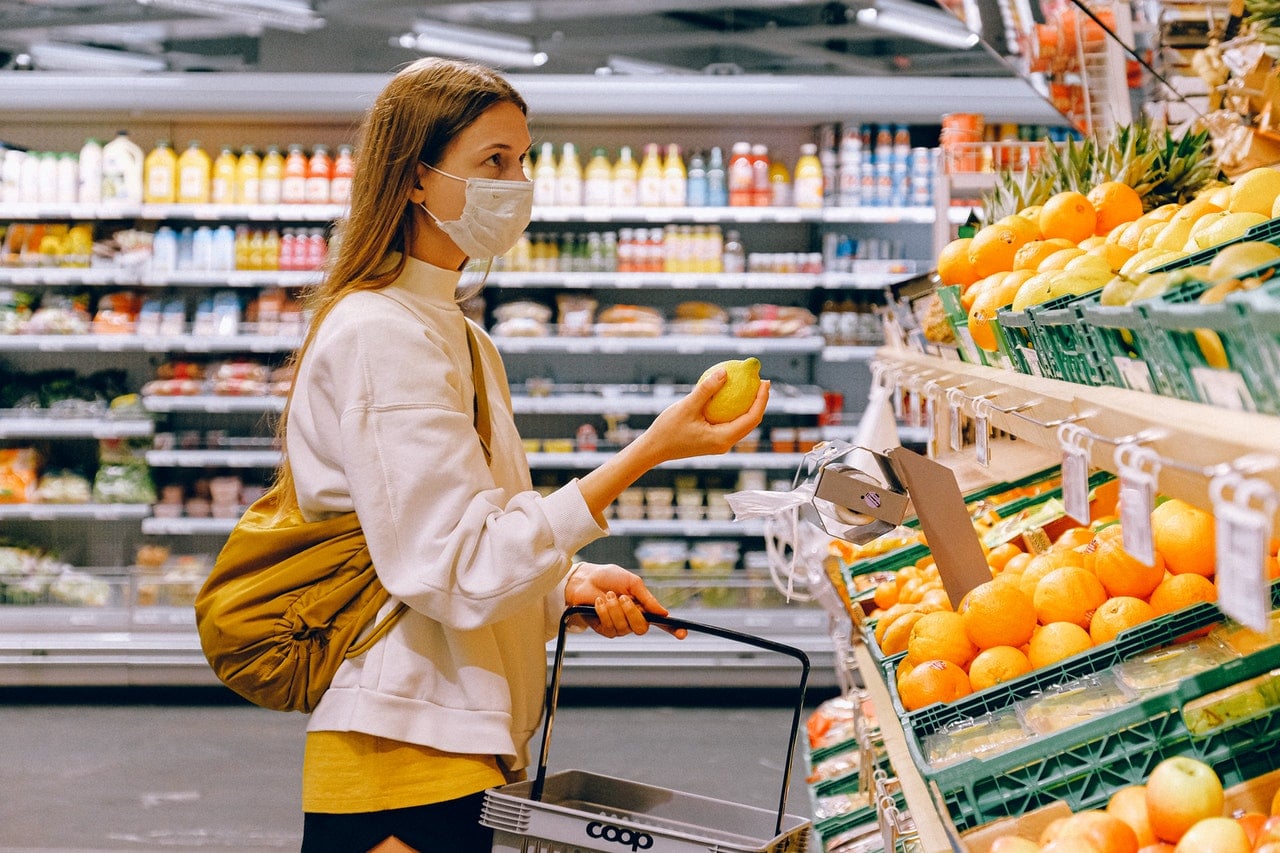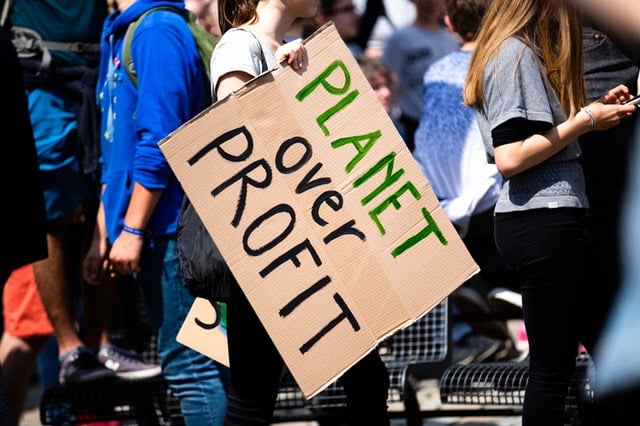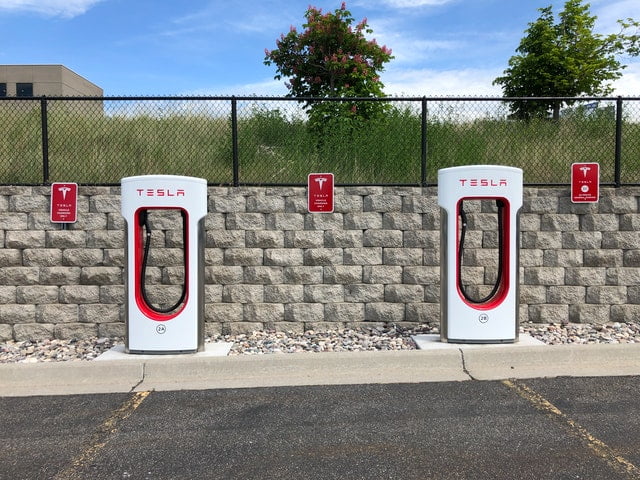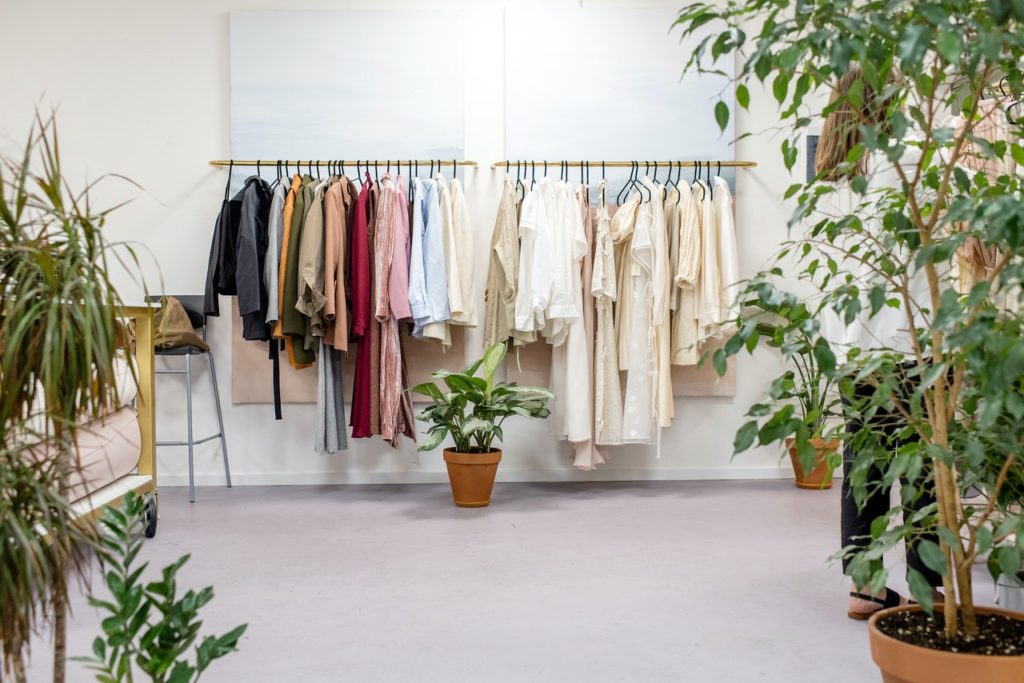Is Sustainability Surfing in a Typhoon: Why Covid-19 will change the fashion industry for the better.

Isn’t it wonderful to be living an incredibly sustainable lifestyle right now? No sarcasm intended.
Be it good or bad for your finances, the COVID19 pandemic is a typhoon, which forced the world to go into a very slow reboot mode. It is great to see dolphins in Venice and the return of the endangered species in the wildlife, but what happens when we all switch back on? Will a more eco-friendly lifestyle stick? Or are we doomed to repeat past mistakes?
“Sustainability” has been a buzzword for a while. Now we all feel what it actually means, albeit a radical version of it.
In it’s traditional sense, Sustainability is “the idea that goods and services should be produced in ways that do not use resources that cannot be replaced and that do not damage the environment”. Yet, this magic word is applied to every little improvement companies make to any product – large or small. Companies usually call it “good PR”, but let’s be blunt and just call it what is really is, “Greenwash”.

Why you should take sustainability seriously as a business
Consumers are getting more sophisticated and demanding. Think of the rise of pressure groups like Extinction Rebellion and public figures like Gretha Thunberg. These phenomenons are just getting started demanding fast transformation. Greenwash could not just turn into a backlash, costing companies a lot of money, but it can also create the false sense of “doing well” in companies’ management teams.
For example, the controversial “green diesel” introduced by carmakers or the downright laughable “clean coal” in the energy industry. They made a lot of buzz, but they didn’t break through as technologies, or viable solutions because at the end of the day, these buzzwords didn’t do anything to clean up the world.
When it comes to progressive sustainability, only disruptive products, services, and actions will be successful in surfing through our transition into the cleaner future. Some of them can come back from the past. After all, we all lived sustainably in the 19th century. Sure, we can’t go back to riding horses, but we can make the most of the available technologies today to make this leap forward.
Think of Greta sailing in the most efficient sailing boat with solar panels, wind turbines, access to WiFi, and many more impressive attributes. Or organic seasonal fruit and veg from the suburban multi-story farm lots.
Sure, it costs money, but so does your IPhone and the subscription to Netflix. Did you hesitate in buying them? Or wanted to go with the cheaper alternatives to your mobile or watch TV instead? Life wouldn’t be as interesting, would it? Neither it would be if Climate Change and regular pandemics take over our generation. We are getting a good sense for what it might be like – right now. Can we abort it and more importantly can we afford not to try?

Technology has taken Sustainability from concept to real world applications
The transition to a modern sustainable world started taking off in the early 2000s, with the rise of renewable energy and energy efficiency. By 2013, it was a global phenomenon, and by 2017 wind and solar power became cheaper than any other form of power generation in some parts of the world.
According to Al Gore, the rise of renewable energy has been the world’s success story in its ability to make a rapid transition to cleantech. Yet, the renewables have been through a fascinating roller-coaster. They rode through generous tax-payers subsidies, then the financial crisis, followed by the countless attacks by the fossil fuel industry. Eventually, the large energy giants gave up and joined the ride. As the old saying goes “If you can’t beat them, join them… ” and they have.
Then there was an electric car revolution, which is now in full bloom – repeating the same cycle.
Today, we have finally achieved a moment in history, when pretty much every traditional consumer product has a disruptive sustainable alternative. Mostly still expensive of course, but it is part of the cycle. Think of organic superfoods, reusable sanitary products, dry organic cleaning products, rechargeable batteries, vintage clothes, jewellery sharing, etc. All of them considerably reduce waste, and our shopping habits.
Looking at the immense global success of the sustainable energy sector, the key elements for the industry transformation are: consumer awareness, government support, and availability of the supply chain.

Covid-19, the Fashion Industry and the Sustainability wave
The next sustainability wave will be in fashion. Let’s call it modular circular fashion. Multi-functional carbon-neutral clothes and shoes, which are made from recycled and recyclable materials. Yet, stylistically desirable for the mainstream consumer. And the best part? It doesn’t cost more. Unlike renewable energy, which needed subsidies to take off, modular circular fashion is financially sustainable at its DNA.
Buying fewer attires that are multifunctional and longer-lasting already saves money. If these items are made to adapt to fashion trends through modular transformation, then you don’t need to worry about being out of date with your 4-year old coat or shoes. The trendy parts of the outfit that go out of style can be recycled into new materials, followed by making new parts which are in-season.
Given the government support however, this innovative approach to fashion could skyrocket and revolutionise the way we dress forever. It might bankrupt many brands and retailers along the way, no doubt it will as cycles have done in the past. However, due to the pandemic, many traditionalist companies are approaching insolvency faster than expected.
According to the latest report by McKinsey and the Business of Fashion, 85% of companies in the fashion industry are in distress since the COVID19 lockdown. Needless to say, many of them will not survive. If any government support is considered right now, it should take into account businesses’ input into the country’s clean future.
Think of it this way, the Sustainable Fashion industry is about 12 years behind energy in terms of awareness, government support, and the supply chain. Because of the Covid-19 pandemic, this cycle is now being accelerated and whilst this will undoubtedly lead to massive disruption in the industry, there is the hope that sustainability will be put at the forefront of it’s rebirth.
There is also hope that most of us are taking the lockdown time to think – and not just about the next Netflix movie, but about the amount of trash our households generate. About how much money we spent on stuff that doesn’t matter today. About the number of outfits, we can get by without.
There is a saying: “Any big change is a series of small changes, which transform into habits that stick”. It couldn’t be more true today. Statistically, it takes approximately 2-3 months for a new habit to stick. We are now into the 3rd month of the pandemic with a prospect of it turning into 4 or 5. So, once it is all over, would we want to wear anything else apart from sweats and trainers?
We are getting used to comfort and fewer clothes. In the rebooted switched-on world, “fewer” will mean “comfortable and multifunctional”. And a further rise of Greta and Extinction Rebellion will evoke further curiosity in the environmentally sustainable fashion options. Or so is the hope.
As much as the pandemic is a setback, it might be a leap forward to a more sustainable wardrobe… and a cleaner future.
Are you waxing your surfboard for this next wave in the Sustainability Revolution? Let me know what your business is doing to adapt to the new normal in the comments below.





